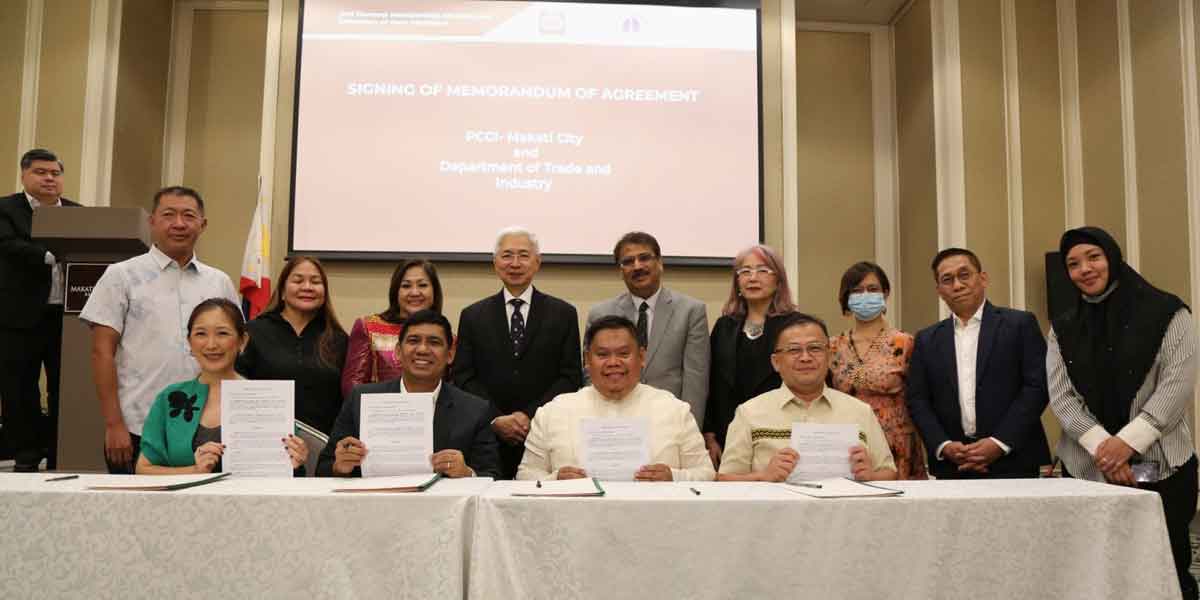By Joshua Corcuera
In a country rife with social issues, dissenters express their thoughts in social media only to be answered back with four words: “Ano ba ambag mo?”
On social media, I encountered my friends and other people critical of the government I do not know of venting their anger when they are frustrated of the insensitive actions — or inaction — made by authorities. It is enshrined in the Philippine Constitution that we are free to express ourselves as well as to seek redress to grievances from the government. This right is universal and applies to everyone regardless of any aspect. However, the problem in social media conversations I encounter is that personal attacks are frequently being hurled; attacks that are, usually but not necessarily, directed against dissenters.
Of course, this is not an automatic experience suffered by critics and concerned citizens alike when sharing insights and commenting in social media posts. But, there is no denying that an increasing number of people use this tactic to counter those who they disagree with. The message they want to get across implies that one must have done something beneficial to society so their opinions would be considered valid. Beyond reasonable doubt, this is disturbing.
For a responsible citizen, dissent is a duty
To state and reiterate the obvious, criticizing and disagreeing with the government’s shortcomings is a duty of a genuinely responsible citizen. Some people claim that in order to achieve progress, dissenters must stop criticizing and cooperate instead. In my case, this is misleading since the critics I encountered are eager to collaborate with those in power so that society can move forward. Even so, to cooperate is not synonymous to blind obedience — the kind of compliance that ignores the enormity of the challenges that lie ahead, and the fallibilities of those who lead us. Hence, people should not only cooperate, but also call out public officials for their flaws which can merely exacerbate the problems our society is facing. By doing so, authorities can be aware of what they must improve so that society’s attempt to resolve or alleviate social problems will become much more effective. From here, one can deduce that disagreeing is actually more of a contribution to society and less of a burden as some have claimed.
To force silence is to make noise louder
Another side of the story that must be heard is that some people who attack dissenters with trivial questions may be actually doing so in an attempt to silence them. As history has shown, however, silencing critics will only make noise louder. When the late dictator Ferdinand Marcos shut down the media upon declaring martial law in 1972, numerous journalists and activists continued to operate underground and were martyred as a consequence. Still, the resistance of the dissidents culminated with the dictator’s ouster in 1986. Some may permanently silence outspoken critics, but clamor is always inevitable. A better way to calm down a frustrated populace is to listen to their voices with an open mind and, ultimately, respond to their needs.
Italian poet Dante Alighieri once said that the hottest places in hell are reserved for those who, in times of great moral crisis, maintain their neutrality. With this in mind, people must realize and accept the fact that dissent will form part of civilization especially when societal ills continue to plague humanity. After all, it is only through voicing out criticisms and speaking against injustices, where we can attain a just and humane society. Those who silence dissent, therefore, are condoning social injustices.
Initiate and discuss thought-provoking questions
Asking other people the ‘ambag’ question is, frankly speaking, absurd and preposterous. Without an economic structure where labor and talent are directed toward national development, there is no objective measure to quantify one’s contribution to society making it highly difficult — if not impossible — to compare person A’s contribution to person B’s.
Moreover, raising the frivolous ‘ambag’ question and answering it will not solve the problems we face nor make the world a better place to live in. Rather, it will merely promote an avenue of division driven by ego and hatred. Instead of asking such ad hominem questions, we must normalize sparking conversations which deeply discuss thought-provoking inquiries. For instance, asking ourselves what must be done to live in a truly ideal society makes more sense than comparing one’s contribution to society. If one is truly concerned about realizing a better place to live in, what we need is to talk about changing the future for better and not bragging what we’ve done in the past.
When someone asks critics their contribution, always remember that dissent itself is a contribution towards a brighter society.
The author is an incoming second year accountancy student and student journalist at Adamson University who aspires to be a CPA lawyer to help defend the oppressed.





















